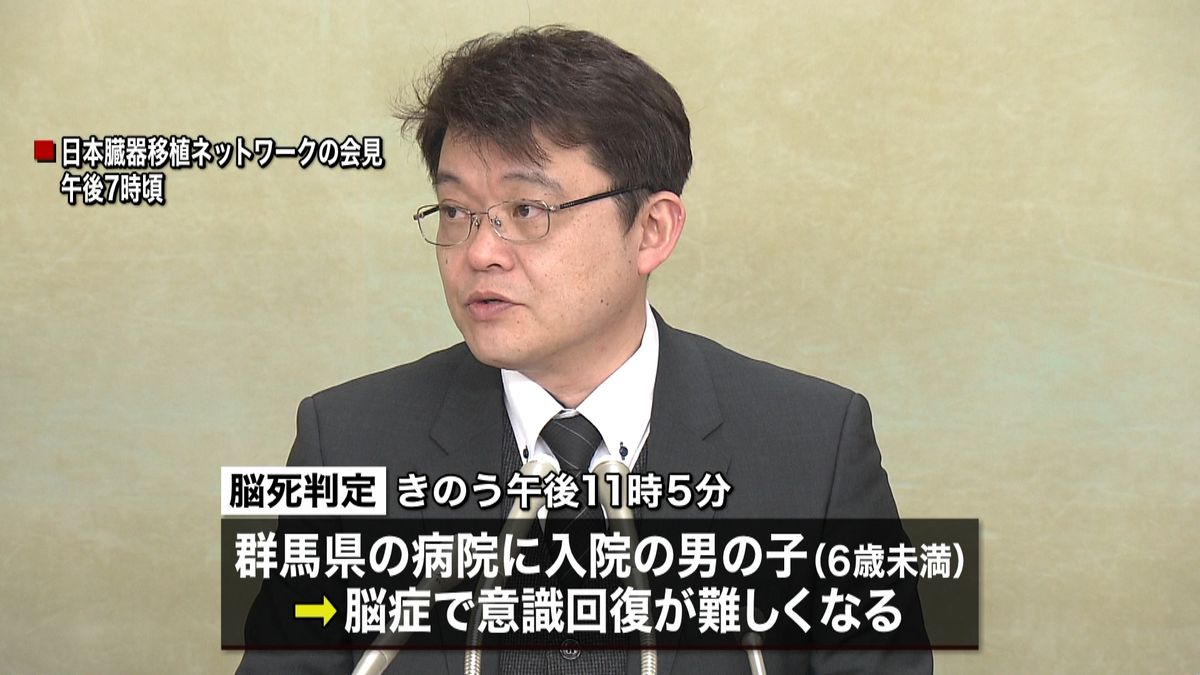A landmark decision has been made in Japan as a boy under six years old has been declared brain-dead and legally qualified to donate his organs. The exact date and location remain confidential due to privacy concerns. This rare case has sparked intense national debate around the existing legal and ethical frameworks surrounding children's organ donations and suggests potential changes in Japan’s organ donation landscape.
In Japan, discussions regarding organ donations, particularly from children, are often sensitive due to cultural, ethical, and legal implications. Laws around brain death and organ donation from minors have been quite restrictive compared to other nations, with heavy emphasis on parental consent. The ethical quandary presents itself when weighing the potential benefits to other critically ill children who could benefit from such donations against the question of the child donor's autonomy and the parents' consent.
In the US and EU, organ donation laws tend to be less restrictive. Brain death is standardly acknowledged and employed in defining potential organ donors. While organ donation from minors is also fraught with ethical and moral questions, the Western perspective often emphasizes the potential good achieved through donation, such as saving or improving the lives of others.

